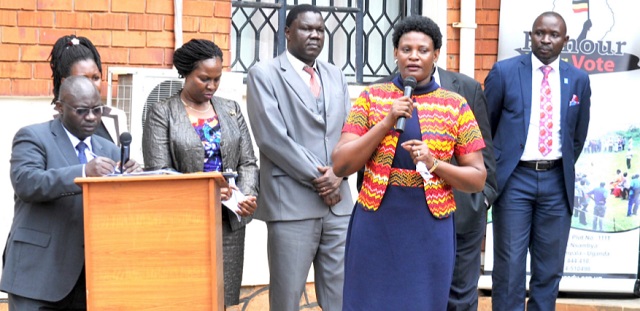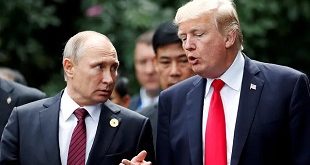
It now has data on their agenda, funders, money
Kampala, Uganda | IAN KATUSIIME | After a month-long verification and validation exercise of NGOs operating in Uganda, attention has now shifted to what the government intends to do next. What is clear so far, according to interviews The Independent did with several heads of NGOs, the exercise appears to have left a few NGOs unregistered and was carried out to get information on NGOs that criticise the government.
The exercise required NGOs to log onto a website, fill out a form, print and hand deliver to the Bureau.
Some NGO bosses described the exercise as “intrusive” basing on the questions they had to answer such as number of staff employed, dates when they started working, their contracts and a lot more.
The exercise that started on Aug.08 and ended on Sept. 7 was officially to enable the National Bureau for NGOs build a reliable databank for information on all NGOs operating in Uganda for evidence-based decision making.
But The Independent has learnt that just days before the exercise started, the Financial Intelligence Authority (FIA), the government agency that deals with financial fraud, directed Equity Bank to avail it with bank details of 13 specific NGOs.
Godber Tumushabe, a policy analyst who is well known in the world of civil society, says an independent policy think tank that he runs called the Great Lakes Institute for Strategic Studies (GLISS) was on this list.
In a response on Twitter then, Tumushabe advised FIA that the move was unlikely to leave the FIA being taken seriously as an anti-money laundering body.
“That is a mafia like operation,” Tumushabe said of the move by FIA, “There must be due process for you to say you want access to our bank accounts, there must be a prima facie case say a court order.”
The other NGOs whose accounts the FIA demanded were Action Aid International Uganda, Citizens’ Coalition for Electoral Democracy in Uganda, Alliance for Campaign Finance Monitoring, Anti-Corruption Coalition Uganda, Human Rights Network Uganda, and Foundation for Human Rights Initiative.
The Independent was unable to confirm details with the NGOs but they are some of the most visible on the Ugandan civil society scene.
Tumushabe says, based on this, it is clear the government intends to use the verification and validation exercise to push back against organisations whose focus is on governance, democracy and human rights. “NGOs are under siege,” he says, “Their (government) democratic credentials have dwindled substantially and they don’t like civic organisations.”
Tumushabe says he is not against the NGO Bureau gathering data on NGOs but he is surprised that the NGO Bureau “is just waking up to ascertain which NGOs are up and running”.
“They are basically incompetent,” he told The Independent. “I have no problem but I am only surprised that NGO Bureau has not had accurate data since 1989.”
The National NGO Register was established in 1989, it was later renamed the NGO Bureau as the supervisory body for NGOs.
Richard Ssewakiryanga, the executive director of Uganda National NGO Forum (UNNFOF), an independent platform for all NGOs, says he supported the process in principle and that is important to have an accurate record but he pointed out some of the problems in the exercise.
First was when the NGOs were given an ultimatum of one month in which to provide the information. “You have 14000 NGOs and you give them 30 days to validate; they were so many logging in on the network.”
Ssewakiryanga says the Bureau also kept introducing new questions which made the process complicated. And the details required also worried him. He says requiring details of bank accounts, the staff; board of directors and donors, and other structural issues was intrusive and needed to be handled better.
“In a country where data confidentiality is still a problem, you have to be careful with such inquiries,” he says, “It could be used for ulterior motives.”
In other words, individuals or organisations that work with or on projects with NGOs now risk having their information shared with third parties thanks to the data government has collected from NGOs.
Ssewakiryanga argues that asking for the start date for an employee or even the bank accounts of organisations does not add value to the NGO database.
“You need to collect data that you can analyse,” he says. “Some of the information being collected looks like people are being targeted.”
He also told The Independent that there were two phases of granting permits to NGOs and the validation form did not cater for the older permits issued much earlier.
Ssewakiryanga says the exercise did not consider NGOs based upcountry; where internet is slow and sensitisation about the exercise was not adequate.
He says the validation was not a tried and tested method and it could be the reason there were so many glitches.
In reaction to the complaints, the government says say the exercise was a plain process aimed at gathering basic information on NGOs and their activities.
 The Independent Uganda: You get the Truth we Pay the Price
The Independent Uganda: You get the Truth we Pay the Price



